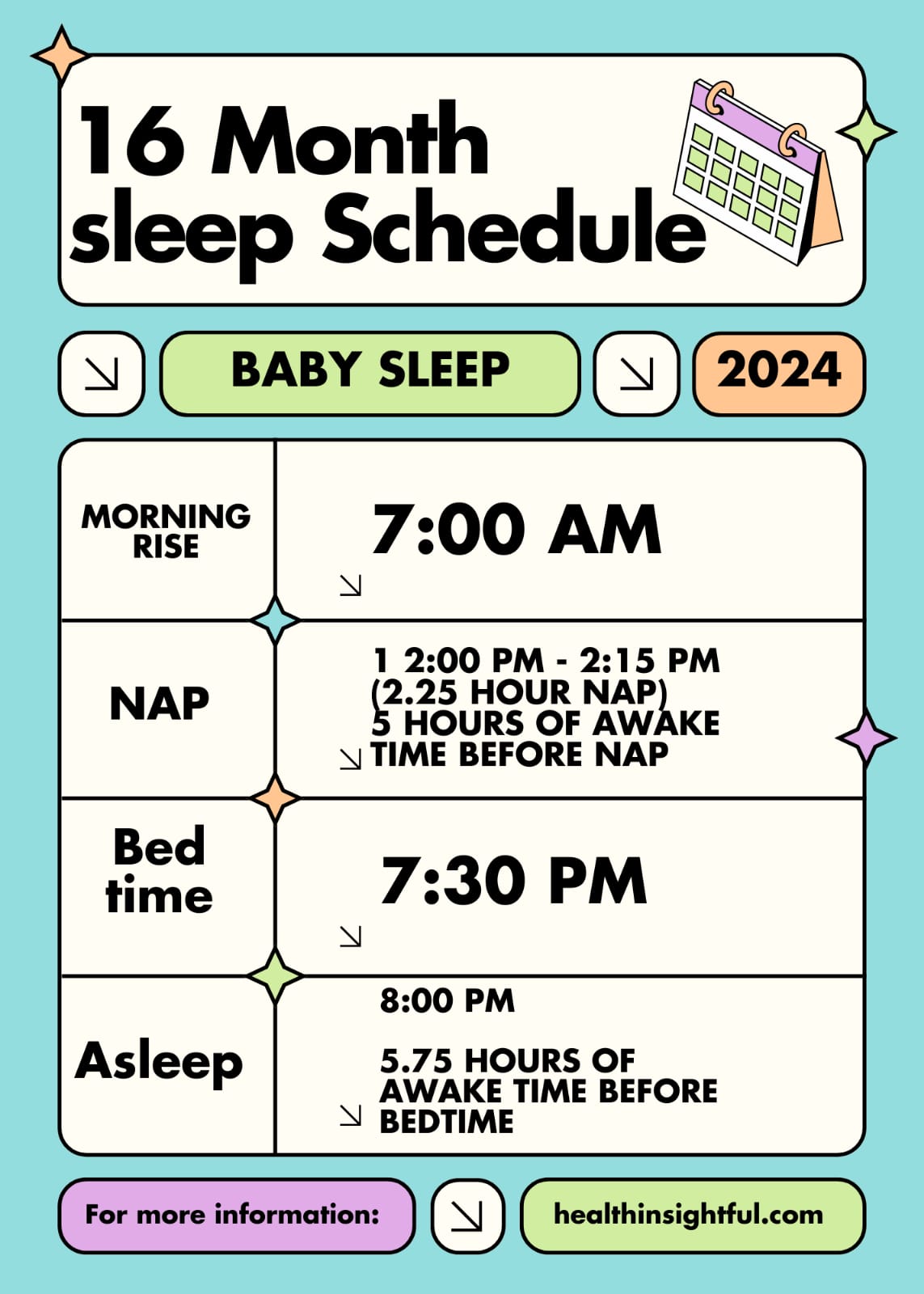Introduction
Welcome to life with a newborn-a time of wonder and, quite frankly, utter bewilderment, not least over sleep. Parents are well-advised to learn their newborn’s sleep patterns and take some initiative to determine a schedule within the first three months of life for establishing healthy sleep habits. In this article, we will talk at some length with what you should expect as far as sleep goes for a newborn and give you some very realistic tips to help you come up with a sleep schedule for the newborn. We also answer some of those common sleep concerns in this article.
1. Understanding Newborn Sleep Patterns
Newborns have different sleep patterns, quite unlike the sleep of older babies and adults. During the first three months, newborns sleep about 14-17 hours in a day, but this is given in spurts of small lengths. This is because newborns have small stomachs and therefore need to eat every 2 to 3 hours.
The sleep cycles for a newborn are shorter, about 50 to 60 minutes, and are made of two major stages: REM or Rapid Eye Movement sleep and non-REM sleep. Your baby will appear restless during REM sleep due to jerky movements along with irregular breathing. Non-REM sleep is deeper and more restful.
2. First Month: Settling into a Routine
In the first month, your newborn’s sleep pattern will be super erratic, and there is no schedule whatsoever. A simple routine can be established right from the beginning by keeping a few suggestions in mind as mentioned below:
- Create a Sleep-Conducive Environment: The nursery must be kept dark, quiet, and cool. White noise machines can be used to reproduce those womb sounds that might remind your baby of her previous environment and keep her calm.
- Bedtime Schedule: Even when your baby is very young to follow a schedule strictly, one can always begin with a simple bedtime routine. It may range from a warm bath, gentle rocking, and even singing of a lullaby before being put to sleep.
- Watch for sleepy cues: You should always watch out for the sleepy behaviors of your baby; these include yawns, eye rubs, and crankiness. If he is laid down for nap time or bedtime shortly after the sleep readiness cues have occurred, there is less chance that an overtired baby will resist a nap or going to sleep.
- Establish Day-Night Difference: Light of the day allows a high level of activity, brightness with games and playing; then the same should be toned down at night with nighttime feedings and changes, quietened.
3. The Second Month: Improvement Gradually
By the second month, your baby will finally begin to show some gradual improvement in sleep, especially at night. He will still take very frequent daytime naps, but the total amount of daytime sleep may now begin to consolidate.
- Start to Stretch Night Sleep: If your baby is gaining weight well and if your pediatrician is in agreement, you can start to take steps that will encourage longer nighttime sleep stretches. You can provide a dream feed-a late-night feeding-to help your baby sleep on in later.
- Look for an Emerging Pattern: While it may be still unpredictable each day, at this age a pattern may come out in regards to your baby’s sleeping. Pay attention to when your baby becomes sleepy and try to place them in their bed then.
- Stick to a Bedtime Routine: Follow through with the bedtime routine, and make nighttime feedings and changes very low-key. With time, your baby learns to associate these activities with sleep.
4. Month Three: Sleeping Becomes More Predictable
By three months, most babies begin to have more predictable sleep patterns, although, again, every baby is different. You may start to enjoy longer nighttime stretches and more regular nap times during the day.
- Get Your Baby on a More Predictable Sleep Schedule: Even though your baby is still too young to follow any strict schedule, at least you can set up regular nap and bedtime based on the pattern of sleeping your baby follows. That is, if your baby starts falling asleep at 7 PM regularly, then that can be regularized as his bedtime.
- Encourage self-soothing: By the time your baby reaches three months of age, he needs to begin to learn how to be a self-soother. This just means placing him in bed awake but sleepy and then letting him fall asleep on his own.
- Watch Sleep Needs: By three months, most babies need as much as 14 to 16 hours of sleep in a 24-hour period. This usually includes three to four daytime naps with one longer nighttime sleep chunk.
5.Common Sleep Issues Within the First 3 Months
Even on a great sleep schedule, you may experience a few common sleep issues within the first three months:
- Frequent wakings in the night: Newborns wake up frequently for food; as they grow, this will gradually cut down on night wakings, though it is expected that they still wake up during the night.
- Sleep Regression: While these are more common at four months of age, some babies have an early sleep regression where the sleep tends to deteriorate for a short time due to growth spurts or attainment of certain milestones.
- Sleep Settling Trouble: The overtired baby can be a tough act to get settled down. Good luck, and try keeping to a routine and following your child’s sleep cues.
6. Effective Tips to Put Newbo
- Swaddle Safely: Wrapping will give comfort and security for your baby, resulting in better sleep. However, ensure that safe wrapping of the baby is done, allowing plenty of hip motion, and once your baby indicates being able to roll over, all swaddling must be stopped.
- Offer a Pacifier: A pacifier will soothe your baby, which will help him in settling to sleep. It is also believed that the use of a pacifier reduces the risk of SIDS, or sudden infant death syndrome.
- Safe Sleep Practice: Lay your baby on a firm mattress without loose bedding or soft toys in the crib and on their backs to sleep.
Conclusion
These first three months constitute a period of gigantic change in your baby and especially with the way he sleeps. While it is hard, if not impossible, to establish an early schedule for your baby, you can understand his sleep patterns and stick to a routine which will set a scene for healthy sleep habits. It is important to remember that all babies are different and not to stress too much about this critical time but being patient and flexible. You can help your newborn develop a sleep routine that will work for your family by providing a quiet consistent environment and responding to your baby’s needs.










